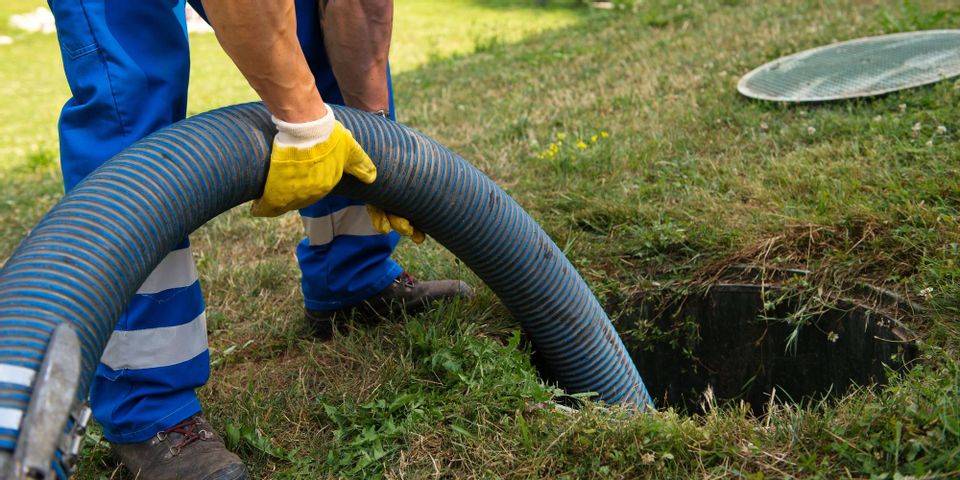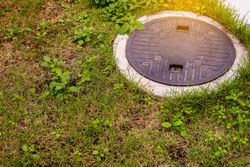An Introduction to Septic Tank Inspection Procedures

Homeowners should get regular septic tank inspections to preserve the integrity of their wastewater management system. Most tanks require annual inspections to make sure the septic tank is in top shape. Take a look at what goes on during these assessments so you can better understand their importance.
The Septic Tank Inspection Process
First, an inspector will locate the septic tank in your yard. If you are unsure of your tank's location, let your septic service know beforehand; they may have to reach out to zoning agencies or bring specialized equipment to find your tank underground. 
Once found, the septic tank inspector will determine when the container was last pumped and analyze the levels of sludge accumulated on the bottom third of the tank. This will let them know when it should be cleaned and drained in the future.
The technicians will also look at the drainage field and ground around the tank to see if any liquid waste has accumulated. If there is standing water, this may indicate the system is too full or that there is a leak requiring immediate repairs.
Finally, the inspector will write up a report to denote whether the system passed or failed and what the homeowner should do to ensure the wastewater treatment system is in good shape for years to come. If the tank failed, there will also be a date by which you must make repairs in order for the septic system to be up to local building codes.
If you’re in need of a septic tank inspection, contact Queen’s Septic Tank Service, serving Guilford, Randolph, Davidson, and Forsyth Counties in North Carolina. Their dependable experts offer emergency and routine services to keep your sewage system running. To learn about their repairs, maintenance, and inspections call (336) 434-1260 to schedule an appointment. Visit the website for information on their installations and pumping.
About the Business
Have a question? Ask the experts!
Send your question

